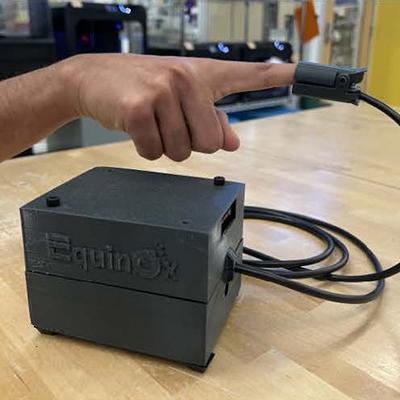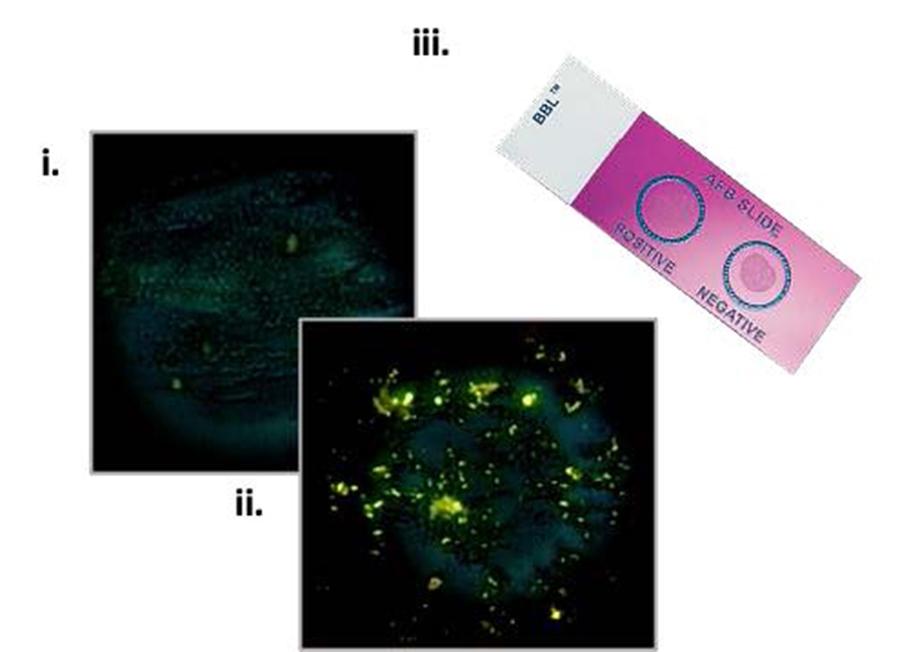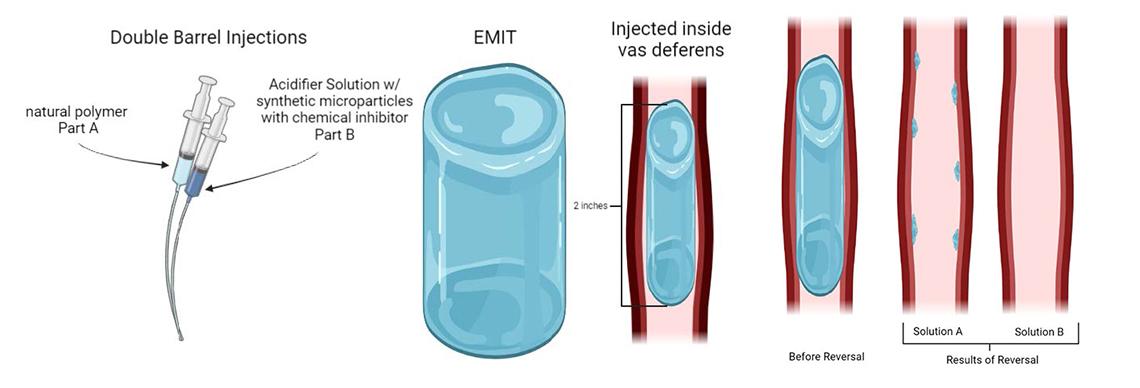NIBIB Announces Tech Challenge Winners
NIH and VentureWell announced the winners in their 11th annual Design by Biomedical Undergraduate Teams (DEBUT) Challenge. The 9 winning teams and 5 honorable mentions, who received prizes totaling $130,000, designed technology solutions to unmet health care needs.
The winning diagnostic projects improve skin color biases in tests of blood oxygen saturation, identify Group B Streptococcus more accurately, measure cervical stiffness as a warning for pre-term birth, improve electrocardiograms (EKGs) for children and diagnose tuberculosis faster and more cheaply than traditional methods.
Therapeutic projects include a device to protect the brain post-surgery, artificial intelligence-guided physical therapy, a male contraceptive and a spoon to help patients with Parkinson’s disease and essential tremor.
“With every new DEBUT Challenge, I am inspired by the creativity and ingenuity of young engineers from across the country,” said NIBIB director Dr. Bruce Tromberg. “From projects that tackle bias in medical devices to bringing affordable and easy-to-use testing to underserved communities, student design projects are helping our community engineer the future of health.”
The DEBUT Challenge, initiated and led by NIBIB, was also supported by NIMHD, the NIH Office of AIDS Research (OAR), NCI and NICHD, along with VentureWell, a nonprofit network that supports science and technology innovation and entrepreneurship in higher education. The prizes will be presented during the annual Biomedical Engineering Society conference to be held in October.
DEBUT received 73 applications from 43 universities in 19 states, four countries (U.S., Canada, China, and Syria), engaging a total of 456 students this year.
The winning projects include:
‘Steven H. Krosnick’ First Prize: EquinOx, Johns Hopkins University

The EquinOx attempts to mitigate the bias that most pulse oximeters exhibit by failing to account for differing patient skin tones. Using new hardware that measures both skin tone as well as raw pulse oximeter data with a newly developed algorithm, the EquinOx is better able to estimate blood oxygen saturation.
Second Prize: Ampliphage, Stanford University

The Ampliphage is an affordable, easy-to-use diagnostic tool that can detect Group B Streptococcus in low-resource settings. At 3 percent of the cost of current tests, it can help decrease infant mortality rates worldwide.
Third Prize: CERV, Columbia University

CERV is designed to monitor the risk of preterm birth by quantifying cervical stiffness without the use of a speculum in lower-resource clinical settings.
For the complete list of winners and their projects, see: https://bit.ly/3DIG8fj.
